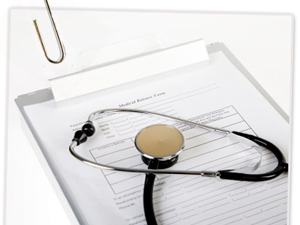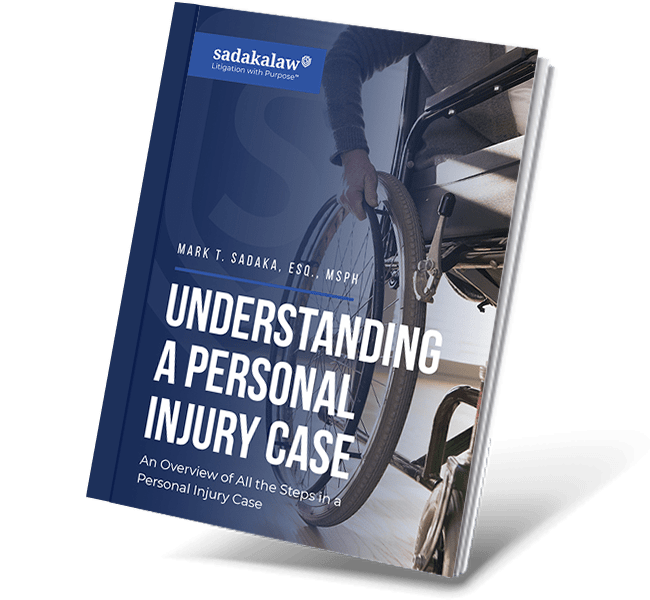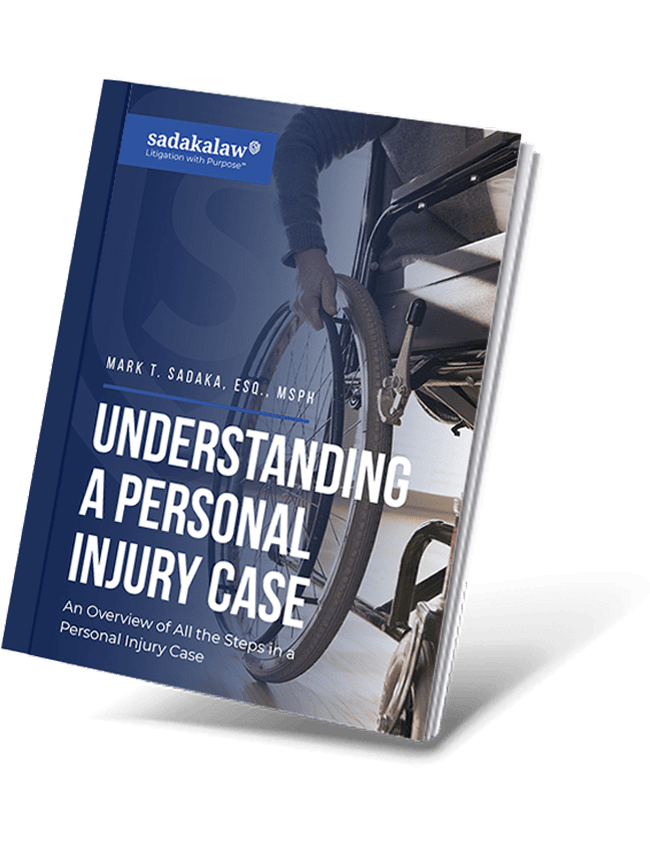 Implant patients are being told that they cannot have direct access to their own patient data.
Implant patients are being told that they cannot have direct access to their own patient data.
According to The Wall Street Journal, such is the case of a woman by the name of Amanda Hubbard. Ms. Hubbard has a defibrillator implant that sends all sorts of data to the company that makes her defibrillator. But, Ms. Hubbard herself, however, can’t easily get that information unless she requests summaries from her doctor—whom she rarely sees since losing her insurance.
In short, the data gathered by the Medtronic Inc. implant isn’t readily accessible to the person whose heartbeat it tracks.
Amanda Hubbard’s defibrillator collects an array of data about her heart, and she is troubled that she can’t gain direct access to it. ‘This is my health information,’ says the 36 year old. ‘They are collecting it from my chest.’
Medtronic says federal rules prohibit giving Ms. Hubbard’s data to anyone but her doctor and hospital. “Our customers are physicians and hospitals,” said Elizabeth Hoff, general manager of Medtronic’s data business. Medtronic would need regulatory approval to give patients the data, she said. It hasn’t sought approval because “we don’t have this massive demand.”
At the same time, companies including Medtronic are pushing to turn the data into money. Ms. Hoff said the company is contemplating selling the data to health systems or insurers that could use it to predict diseases and possibly lower their costs. At a July industry event, a senior Medtronic executive, Ken Riff, called these kinds of data “the currency of the future.”
In April, Medtronic created Ms. Hoff’s unit in part to look for business opportunities like these.
The primary purpose of the defibrillator implant in Ms. Hubbard’s body is to zap her irregular heartbeat back to normal if the need arises. The Big Sandy, Tenn., resident first started experiencing heart-disease symptoms in 2009 while in Samoa for the Peace Corps and has had her defibrillator since 2010. Her implant collects details of her heart-rhythm changes, device performance and hundreds of other data points.
But, could Ms. Hubbard understand the information if she had access to it?
Medtronic officials say they know some patients want to be more active in their care. “This is the direction where things are going,” said Tim Samsel, vice president of regulatory affairs for the cardiac-rhythm unit.
But to offer reams of data to patients in a useful format, he said, Medtronic “would actually have to design such a thing” and seek Food and Drug Administration approval. That costly process, he said, could take years.
The summary reports seen by doctors highlight measurements such as instances of arrhythmias that increase stroke risk. The devices also gather large amounts of raw data—for instance, measurements used by engineers to assess device performance—that isn’t available to doctors.
Erica Jefferson, an FDA spokeswoman, said the agency supports patient access but would need to review any plan to provide data directly to patients. “In the current format, the data collected from implantable cardiac devices should be relayed through the physician to ensure proper interpretation and explanation,” she said.
Doctors themselves debate whether patients could make use of the data. Some worry it could cause anxiety or even harm if a patient misunderstood the signals. Still, some say that doesn’t matter. “They should have it,” said David Lee Scher, a retired cardiologist who is leading efforts among doctors to help connect patients with device data.
Ms. Hubbard, the Tennessee patient, whose insurance ran out in mid-2011, when her eligibility for Peace Corps coverage expired, said she began wondering, if she wasn’t regularly seeing a doctor, “Who gets my information? What happens to my data?” In August she asked Medtronic for the data. The company told her to talk to her doctor.
When she called the cardiologist at Vanderbilt University Medical Center who put in her implant, the office told her she must come in for a checkup to get her reports, which she did.
The doctor who implanted her device, Pablo Saavedra, said that since Ms. Hubbard hadn’t been coming in for checkups, the information sat in the Medtronic system without doctors knowing what was there. At her checkup, diagnostic tests detected a problem: The electrode attached to her heart had become dislodged. Dr. Saavedra says there was a chance it wouldn’t have shocked her heart when needed.
Ms. Hubbard had surgery last month to fix that. And she plans to keep trying to get reports sent to her directly. “If I had been able to follow my own reports, I would not have walked around for an entire year with a potentially dangerous problem,” she said.
Patient Data Collection Information
For more information on patient data collection please visit www.sadakafirm.com and follow our Sadaka Law Firm Blog.


